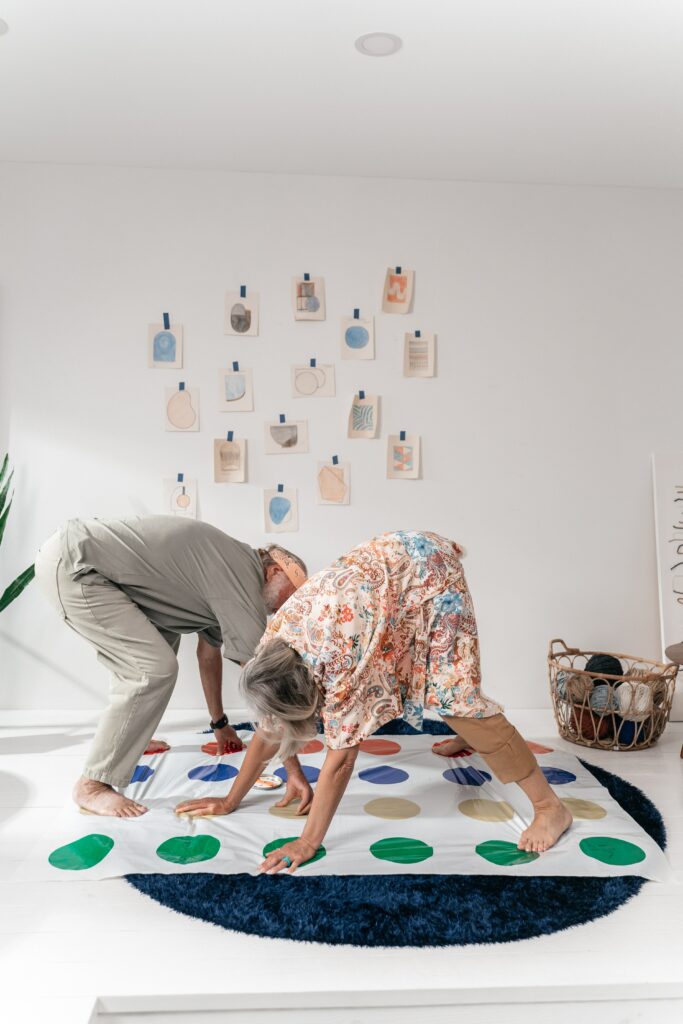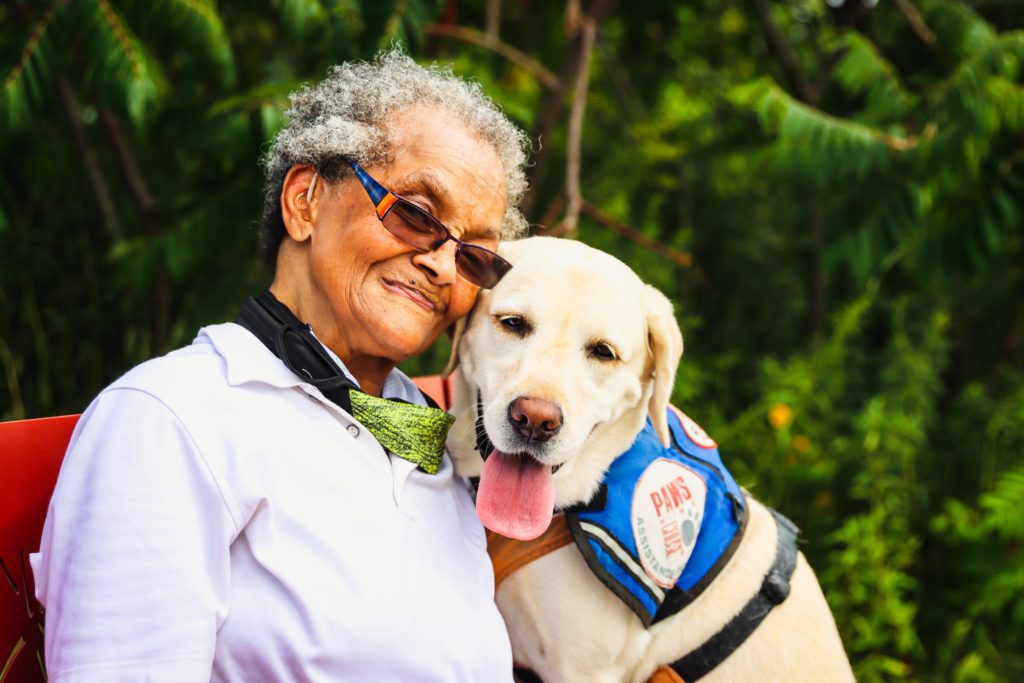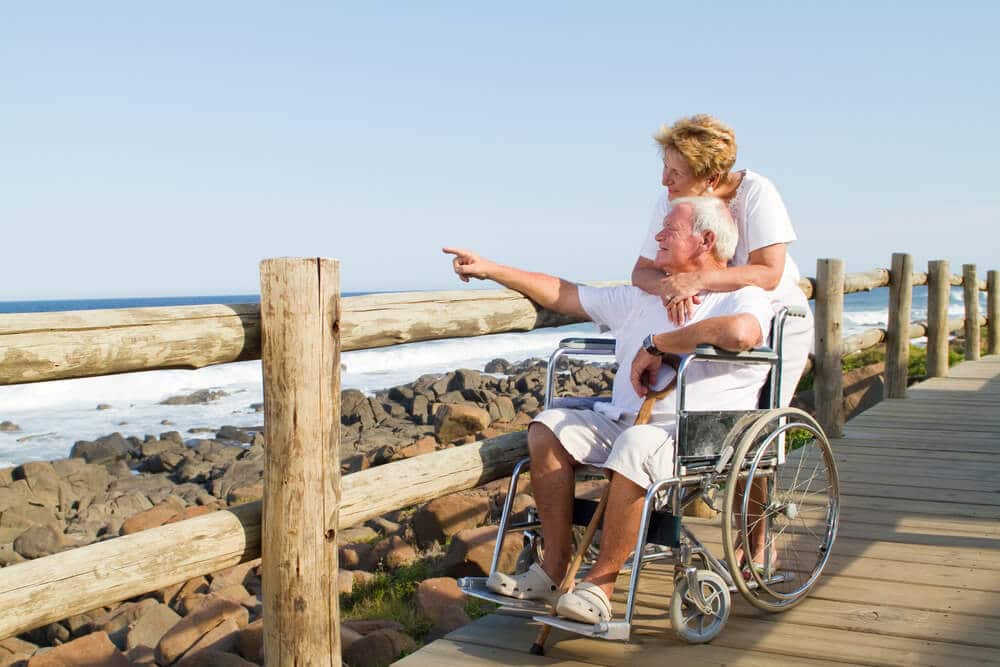Many seniors that live alone may find it hard to connect with their peers or other older adults. Especially when the pandemic was at its peak. We all were isolated and couldn’t really spend time with close friends and family very much. Feelings of isolation or loneliness in elderly people were common over the past two years. During the pandemic, seniors were hit harder, especially since they are considered a higher-risk population. Also during the pandemic, and also now, social isolation and loneliness are more recognised as a priority in many states, and some consider it a public health problem or policy issue for seniors. Yet now, things are starting to calm down a bit. More places are open and there are plenty of fun things to do to combat being alone. In this article, we will guide you through a variety of activities and solutions to help seniors from being alone. They are both indoor and outside options and can keep seniors socially active while also safe in their later years of life.
1. Stay physically active

Exercise is good for all people, no matter their age. However, for seniors, doing at least 150-300 minutes of moderate aerobic exercise each week can provide not only good health benefits, but can also help combat loneliness when working out with others, according to the World Health Organization. Social isolation and loneliness are widespread throughout the world, not just in the US, with some countries reporting up to one in three older people feel lonely. However, there are many fun activities to do that will keep seniors in good health while meeting new people at the same time. Some senior centers offer both cardio and aerobic activities for seniors to join. They range from swimming, water aerobics, dance, yoga, and even tai chi classes. Most are low-impact, which may help strengthen a senior’s body and improve their flexibility, balance, and present falls.
2. Consider volunteering
Another way for seniors to fight loneliness is to volunteer. Many seniors can fall into a depressive state when there is no purpose or meaning to live. Yet volunteering can change that. According to the Bureau of Labor Statistics, the elderly makes up almost 35 percent of the volunteer population, ages from 55 and up. Volunteering is not only fun, but it can bring a sense of purpose to your life. Examples of these meaningful experiences are volunteering at soup kitchens, food pantries, or senior homes. Reading stories to children at the library or being a tour guide at a museum can also be a fun activity for seniors. Sometimes just playing games at nursing homes with other older seniors can be a great way to volunteer too. In some cities, there are programs designed for seniors who want to foster children who need strong and positive role models to look up to. By doing these activities, seniors will stay connected to others and won’t feel isolated from the world around them.
3. Consider adopting a pet

One of the most rewarding way to fight loneliness is by getting a pet. There are so many dogs and cats in rescue shelters that need to be loved. By choosing to adopt one, seniors are helping them just as much as the animal is helping older people from being alone too. I’s a win,win solution! Another benefit is that it can be good for your own heart. According to the Mayo Clinic, Owning a dog can be associated with better cardiovascular health for the senior. Plus, walking a dog forces seniors to get outside and enjoy some needed fresh air and Vitamin D. Taking your pet to the local dog park is also a great way to strike up a conversation with other pet owners. If you can’t afford to adopt a pet, some shelters do offer fostering a pet up to two weeks at a time. This way, seniors can spend time with the animal to see if they may be a good fit for them when the time is right. Many shelters also welcome volunteers willing to feed or groom the animals, or take dogs out for a walk as part of their volunteering program.
4. Join social groups
One of the best ways for seniors to stay socially active is by going to a senior center and joining the many programs that are offered there. Many of the programs are free. However, some may have a small fee. Social groups for seniors will typically offer card games, such as bingo, bridge, and mahjong. Some may have pool activities as well. In some senior centers, breakfast or lunch, that is served free or at a low-cost.
5. Explore transportation options
Transportation issues is one of the biggest obstacles that face seniors who live alone. However, there are ways to combat loneliness by finding new ways to get around town. If you live in a community where you can walk or bike freely, then doing so can help seniors meet new people as they enjoy the outdoors, all at the same time. For those who can’t walk long distances, then carpooling with others or joining a ride-share program can also help seniors become more socially active.
6. Continue to Educate yourself

Another great way to stay socially active is by taking an online course in a subject or topic that interests you. Believe it or not, there are some online classes that are free or at a low cost to seniors. Veterans may also be eligible for a discount or a free course when they enroll. There are many types of options available to seniors to take advantage of. Not all classes may be online; some may be located at senior centers. Classes may include drawing or art, cooking, gardening, photography, Interior design, computer technology, and much more.
Here are a few other ways seniors can stay socially active and prevent isolation:

- Writing memoirs
- Participating at a crisis hotline
- Offering Counseling or therapy
- Facetime/video chats with old friends
- Playing Online games with friends
- Walking, birdwatching, or biking with a group of peers
- Sharing an oral history of your life to close family and friends
- Journaling or blogging online
- Tinkering or creating a hobby to share or sell to others
- Taking in a renter or listing a room on Airbnb
- Making a family tree with the Grandkids
How Staying Social Can Keep Seniors Healthy

When we age, some of us tend to separate ourselves from the ones we love because we don’t want them to necessarily see us in the state we are. But that is one of the worst things to do. It can damage both our mental and physical health. Keeping social connections in our later years can actually help us live longer and may even ward off conditions such as dementia and Alzheimer’s disease.
One of the ways to stay socially active is by designing communities for seniors that embraces social connections. Many seniors are now creating new communities that are specifically designed for the elderly or older adults that want to stay socially active as they age. These communities build homes that are close together, provide senior centers for fun activities, and may even provide a community garden for seniors can grow their own food on the land. This connectivity between seniors and their peers can make a huge difference on their overall health and wellbeing.
Does loneliness or isolation affect the overall health of older adults?
Seniors who are socially isolated or prone to loneliness are more likely to find themselves in the hospital or be admitted to a nursing home. Social isolation and loneliness can sometimes cause other problems to rise, such as having a higher risks for high blood pressure, obesity, or heart disease. Some seniors may also develop a weakened immune function or some form of cognitive delays, such as dementia or Alzheimer’s disease. In addition, some seniors can become anxious or develop depression. However, do not lose hope. Most of these conditions are treatable with the right type of plan that will help seniors become more socially active and enjoy being around others their age. Seniors should be open with their personal doctor about any symptoms that are noticeable or health habits that have developed.
Those who are most prone to isolation or loneliness or are at a greater risk are:
- Those who live alone
- Can’t leave their home
- Had a major loss or life change, such as the death of a spouse or partner, or retirement
- Struggle with money
- Have psychological or cognitive challenges, or depression
- Have limited social support
- Have trouble hearing
- Live in a rural, unsafe, and/or hard-to-reach neighborhood
- Have language barriers where you live
Additional Help for Seniors who feel isolated

For seniors who are fighting loneliness and fear that there is no one to talk to, think again. There is a toll-free number called the Friendship Line. It is an accredited through the Institute of Aging, and is a hot line and warmline, which offers 24/7 support services, including suicide intervention if needed. Yet, seniors do not need to be in a crisis to use this number. The call line can provide a listening ear to any senior who is either looking for information and referrals for seniors who feel isolated. The toll-free number is 800-971-0016
